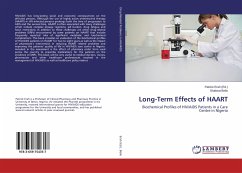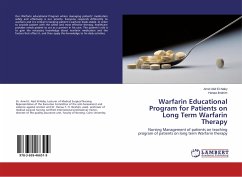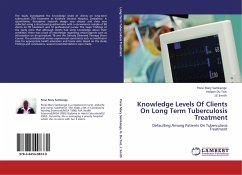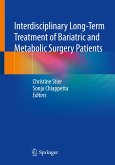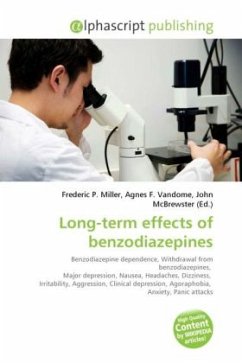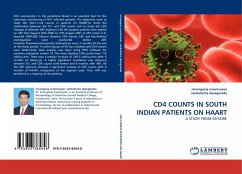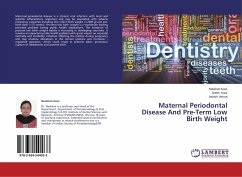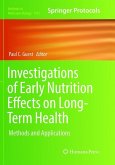HIV/AIDS has long-lasting social and economic consequences on the affected persons. Although the use of highly active antiretroviral therapy (HAART) in HIV-infected persons prolongs both the time of progression to AIDS and the survival time, HAART is often associated with many challenges which include complex dosage regimens, pill burden, drug fatigue and food restrictions. In addition to these challenges are other drug-related problems (DRPs) encountered by some patients on HAART that include frequently reported risks of significant metabolic and biochemical complications. This book provides an evaluation of the biochemical profiles of HIV/AIDS patients on HAART for two to eight years as well as the impact of pharmacist's intervention in reducing HAART related problems and improving the patients' quality of life in HIV/AIDS care centre in Nigeria. Included in the assessment is the effect of pharmacy order form used across the country to prescribe medications for the patients on the incidence of DRPs. This book will be very useful to medical doctors, nurses, pharmacists and other healthcare professionals involved in the management of HIV/AIDS as well as healthcare policy makers
Bitte wählen Sie Ihr Anliegen aus.
Rechnungen
Retourenschein anfordern
Bestellstatus
Storno

